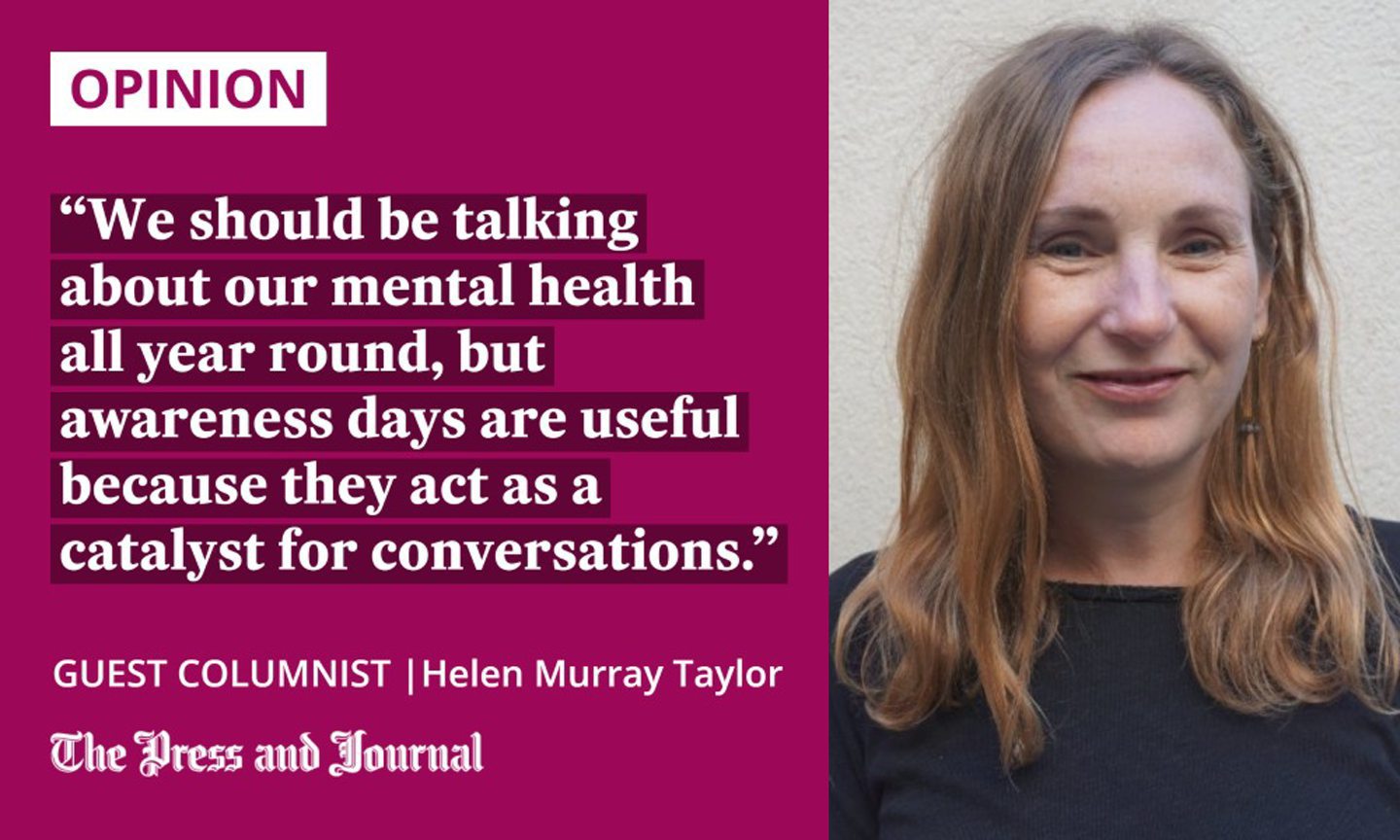Among the diverse events at this year’s WayWORD festival are two that have mental health at their core.
On September 23, I will be hosting a creative writing workshop, focused on writing about mental health. The following day, I’ll be discussing my new memoir, love lay down beside me and we wept.
After two years of Covid restrictions, I am thrilled to be taking part in in-person events again, although, to be honest, I am slightly nervous at the prospect.

It will be the first time I have spoken in public about my memoir. The book covers a period in my life when I was struggling badly with severe depression – I spent several months in a psychiatric ward, sectioned under the Mental Health Act – and it can be challenging to speak about certain episodes. But I won’t shy away from this challenge.
Sadly, my story is by no means unique. You only have to look at the latest data to see how poor the nation’s mental health is. However, it can be hard to see real people behind the numbers.
We can all play a part in mental health awareness
It wasn’t until I started talking about my own experiences and it prompted others to tell me about theirs that it really sank in just how many lives are affected. That is why I am so grateful to have the chance to talk at WayWORD.
The events are perfectly timed for the run-up to World Mental Health Day on October 10. Organised by the World Health Organization, it is an opportunity for all of us to play a part in mental health awareness.
The WayWORD Festival runs from Tuesday 20 to Sunday 25 September and the programme is live. The festival includes workshops in songwriting, concrete poetry, Gaelic song, comic book creation and more. Book free tickets and view the programme: https://t.co/VB5L1QtBQO pic.twitter.com/ySNanw5c7g
— University of Aberdeen (@aberdeenuni) September 15, 2022
Ideally, of course, we should be talking about our mental health all year round, but awareness days are useful because they act as a catalyst for conversations – conversations that can be used to share experiences or expertise, reduce stigma and discrimination (which act as barriers to people seeking the right care), or educate us about effective measures for guarding good mental health.
I wrote love lay down beside me and we wept to do more than simply tell my own story. It is my small contribution to the battle to end the stigma of mental illness. And, although the book covers some tough ground, it isn’t all doom and gloom. There quite a few laughs and a lot of love. Which is perhaps the best way of all to protect our mental health.
- To book free tickets for Aberdeen’s WayWORD Festival (20-25 Sep), go to waywordfestival.com. Detailed mental health information and advice can be found at mentalhealth.org.uk and mind.org.uk
Helen Murray Taylor is an author and former doctor











Conversation